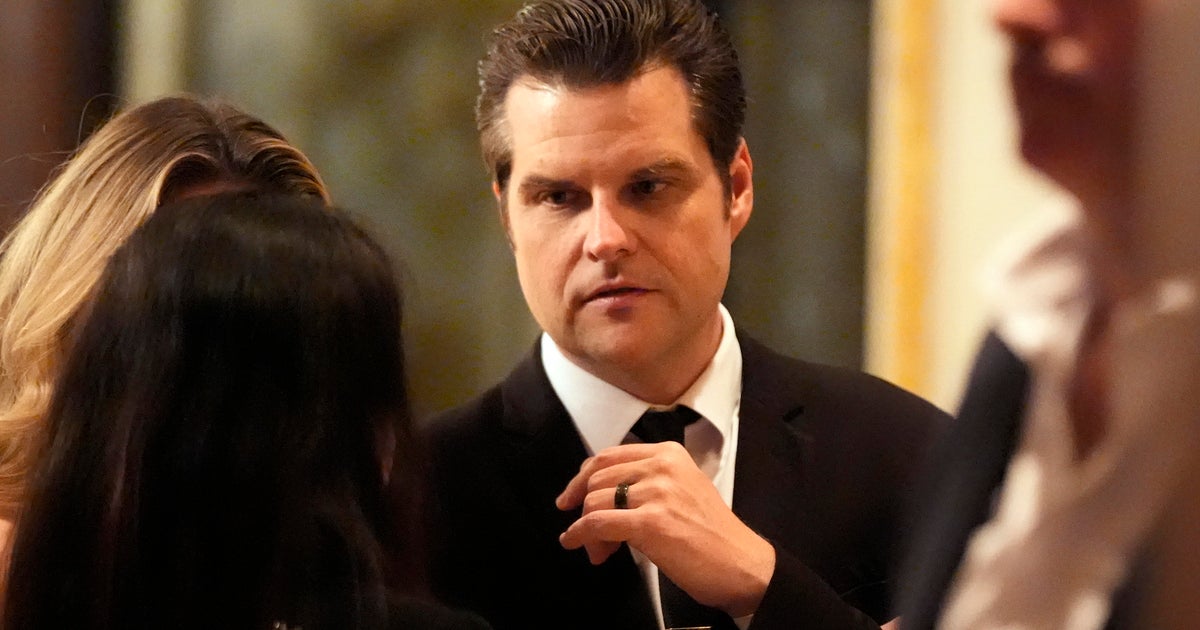Whistleblower willing to answer Republicans' questions in impeachment probe, lawyer says
Washington — A lawyer for the whistleblower who reported concerns about the president's dealings with Ukraine told CBS News he offered to have Republicans on the House Intelligence Community submit questions to his client directly without having to go through the committee's Democratic majority.
Attorney Mark Zaid told CBS News he contacted Representative Devin Nunes, the committee's ranking member, on Saturday to say his client is willing to answer Republicans' questions under oath and penalty of perjury if lawmakers submitted written questions to the whistleblower's legal team. The inspector general of the intelligence community, a President Trump appointee, could verify the whistleblower's identity in order to satisfy the committee's minority members while protecting the individual's anonymity.
Nunes' office did not immediately respond to a request for comment. Zaid said the offer underscores his client's desire to ensure his complaint is handled in a nonpartisan way.
Previously, the whistleblower had offered to answer questions under oath and in writing if submitted by the House Intelligence Committee as a whole. This new offer would be a direct channel of communication with the Republicans who are in the minority on that committee. Republican leadership has complained that the process is unfair and overly restrictive on their ability to question witnesses.
House Intelligence Committee Chairman Adam Schiff told "Face the Nation" last month the whistleblower's testimony may no longer be needed.
"Given that we already have the call record, we don't need the whistleblower, who wasn't on the call, to tell us what took place during the call," Schiff said October 13, referring to the July 25 call between President Trump and the Ukrainian president. "We have the best evidence of that."
Schiff said his panel was initially interested in speaking to the whistleblower, with lawmakers discussing taking great lengths to protect the person's identity, including obscuring the person's voice and appearance and conducting the interview somewhere other than Capitol Hill. But the chairman said his position changed when Mr. Trump repeatedly sought to denigrate the credibility of the whistleblower and call for the person's identity to be exposed over social media and in public statements.
Emily Tillett contributed reporting.




